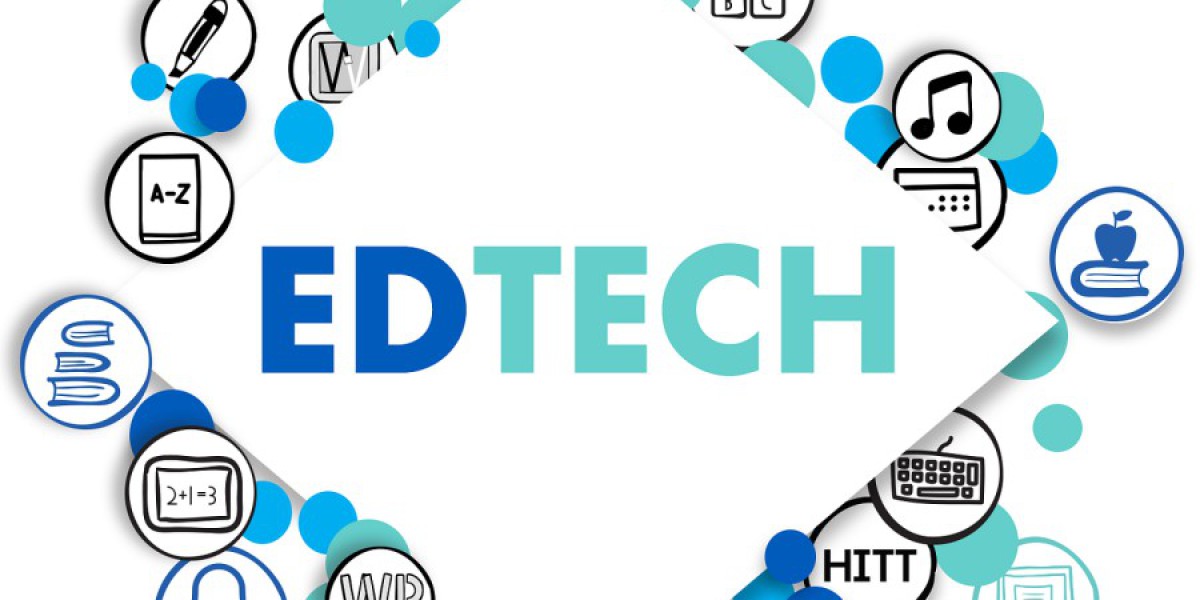Introduction to Edtech: Revolutionizing Education for the Digital Age
Educational technology, commonly known as Edtech, refers to the innovative use of digital tools and platforms to enhance teaching and learning experiences. It encompasses a wide range of applications, from online courses and virtual classrooms to interactive learning apps and AI-driven tutoring systems. Edtech aims to make education more accessible, engaging, and personalized, breaking geographical barriers and accommodating diverse learning styles.
Its rapid growth has been driven by advancements in internet connectivity, mobile devices, and cloud computing. Schools, universities, and corporate training programs increasingly incorporate Edtech solutions to foster collaboration and improve learning outcomes. As a transformative force, Edtech continues to reshape traditional education models globally.
Benefits of Edtech in Education
Edtech offers numerous advantages that significantly impact learners and educators alike. It provides flexible learning schedules, allowing students to study at their own pace and convenience, which is especially crucial during disruptions like the COVID-19 pandemic. Interactive digital content enhances engagement and retention by making learning more immersive and fun. Edtech also promotes personalized learning, where algorithms adapt to individual student needs, improving mastery and confidence.
Additionally, it fosters collaboration through virtual classrooms and social learning platforms, broadening student interactions beyond physical boundaries. For educators, Edtech streamlines administrative tasks, enables data-driven insights into student progress, and supports innovative instructional methods, ultimately leading to improved educational outcomes.
Challenges and Concerns in Implementing Edtech
Despite its promising potential, integrating Edtech into education systems presents several challenges. One major concern is the digital divide, where students from low-income backgrounds or rural areas lack reliable internet access and devices, exacerbating educational inequalities. Privacy and data security issues also arise as schools collect vast amounts of student information, raising concerns about misuse and breaches. Resistance to change among educators accustomed to traditional methods can hinder adoption, requiring professional development and support.
Additionally, overreliance on technology might diminish critical thinking and interpersonal skills if not balanced properly. Policymakers and educators must address these challenges through inclusive policies, infrastructure investments, and ongoing training to ensure Edtech benefits all learners equitably.
Future Trends and Innovations in Edtech
The future of Edtech is poised for exciting developments driven by emerging technologies. Artificial Intelligence (AI) will continue to personalize learning experiences by providing real-time feedback and tailored content, making education more efficient. Virtual Reality (VR) and Augmented Reality (AR) will create immersive environments for hands-on training in fields like medicine, engineering, and history. Blockchain technology could revolutionize credentialing, enabling secure and verifiable digital diplomas.
Additionally, adaptive learning platforms will become more sophisticated, analyzing student data to optimize instruction continuously. The integration of gamification elements will further increase motivation and engagement. Overall, these innovations aim to make education more accessible, engaging, and effective, preparing learners for the demands of the digital economy.
Embracing Edtech for a Brighter Educational Future
Edtech stands at the forefront of transforming traditional education into a more inclusive, engaging, and effective system. Its benefits, such as personalized learning and increased accessibility, are shaping the future of education worldwide. However, realizing its full potential requires addressing challenges like the digital divide and data privacy concerns. Policymakers, educators, and technology providers must collaborate to develop strategies that promote equitable access and responsible usage. As technological innovations continue to evolve, Edtech promises to create dynamic learning environments that adapt to individual needs and prepare students for the future workforce. Embracing Edtech is essential for fostering lifelong learning and ensuring educational success in the digital age.


